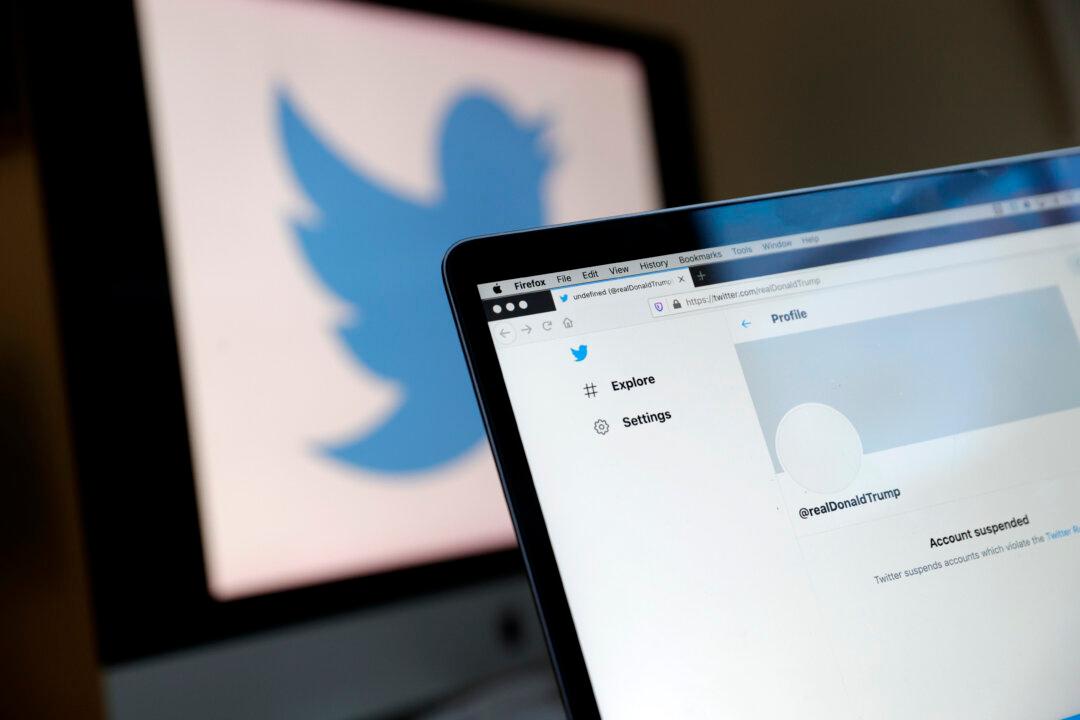The Department of Justice asked the Supreme Court to overturn an appeals court ruling that found that former President Donald Trump’s blocking of critics on the microblogging website Twitter violated the First Amendment, saying the ruling was “deeply problematic.”
President Joe Biden, as well as future presidents and government officials, should not be bound by the decision the high court may well have overturned had the question not become moot by Trump completing his term of office, Acting Solicitor General Jeffrey Wall argued in a supplemental brief filed on Jan. 19 in Trump v. Knight First Amendment Institute at Columbia University.





